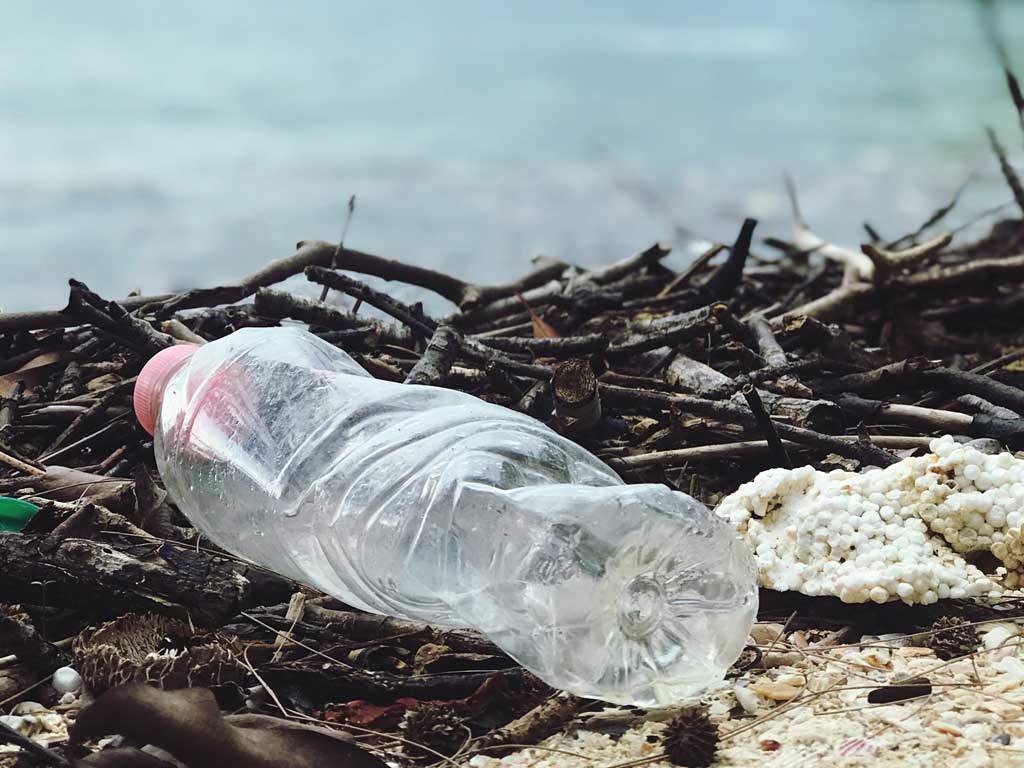Preserving the Blue Heart of Our Planet

The world's oceans are often referred to as the "blue heart" of our planet, and for good reason. Covering over 70% of Earth's surface, they play a vital role in regulating our climate, supporting biodiversity, and providing sustenance to billions of people. However, our oceans are facing an unprecedented threat - pollution. It's imperative that we recognize the critical importance of maintaining clean oceans and take action to protect them.
Why Clean Oceans Matter:
- Biodiversity and Ecosystem Health: Oceans are home to a staggering variety of life forms, from the tiniest plankton to the largest whales. These ecosystems are delicately balanced and interconnected. Pollution disrupts this balance, harming marine life through entanglement, ingestion of plastics, and exposure to harmful chemicals. Preserving clean oceans is essential for the health and survival of countless species, many of which are still undiscovered.
- Climate Regulation: Oceans act as a massive carbon sink, absorbing carbon dioxide from the atmosphere. They also play a crucial role in regulating the Earth's temperature by distributing heat around the globe through ocean currents. Pollution, particularly plastic waste and oil spills, not only harms marine life but disrupts these vital functions, leading to more extreme weather events and accelerated climate change.
- Economic Value: Oceans are a source of livelihood for billions of people. They support fishing industries, tourism, and coastal communities. A polluted ocean not only jeopardizes these industries but also impacts global food security and economic stability. Clean oceans are essential for sustaining these economic activities and the people who depend on them.
How We Can Help:
- Reduce Plastic Usage: Plastics are a major contributor to ocean pollution. Reduce your plastic consumption by using reusable bags, bottles, and containers. Properly dispose of plastic waste and participate in community clean-up efforts.
- Responsible Chemical Disposal: Dispose of hazardous chemicals, oils, and pharmaceuticals properly. Many pollutants find their way into the ocean through improper disposal.
- Support Sustainable Fisheries: Choose seafood products that are sustainably sourced. This helps reduce overfishing and the destruction of marine habitats.
- Reduce Carbon Footprint: Climate change exacerbates ocean pollution. Reduce your carbon footprint by using energy-efficient appliances, driving less, and supporting renewable energy sources.
- Advocate for Change: Support legislation and policies aimed at reducing ocean pollution. Advocate for stronger regulations on plastic use and industrial waste disposal.
- Educate and Inspire: Spread awareness about the importance of clean oceans. Encourage friends and family to join the cause and participate in local initiatives.
In conclusion, our oceans are not an infinite resource, and their health is intrinsically linked to our own. We must take immediate and concerted action to combat ocean pollution. By reducing our individual and collective impact, we can ensure that future generations inherit a planet with clean, thriving oceans. It's our duty to protect the "blue heart" of Earth and preserve it for all living creatures and the well-being of our planet as a whole.
RELATED POST

Why the World Needs More People Who Care


Will Coldplay Save our Oceans?

A Sustainable Choice for a Greener Planet

The Plastic Bottle Predicament
TELL US YOUR STORY
about someone you helped.
Tell us about someone in need! Help yourself be better! Send us an email.




